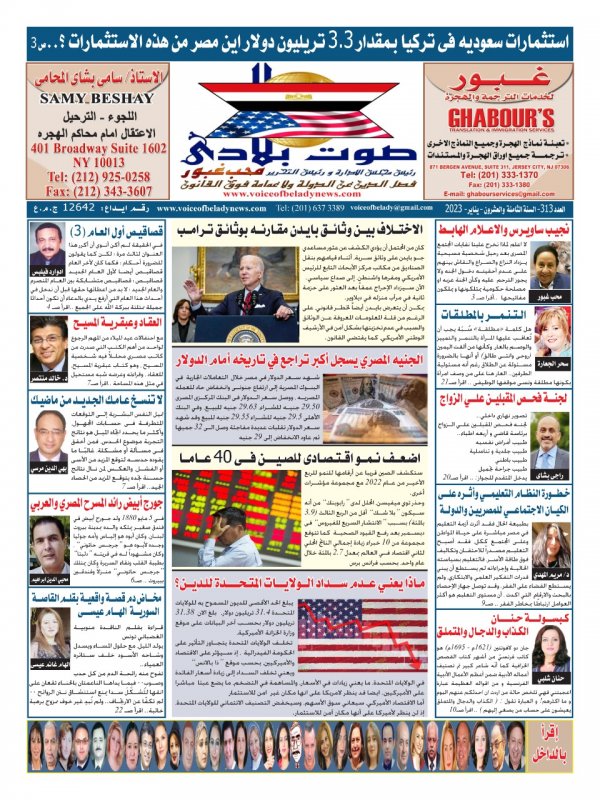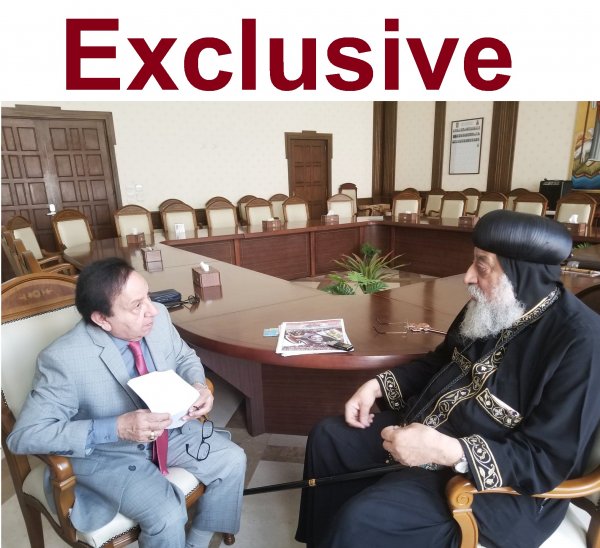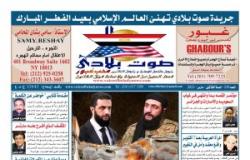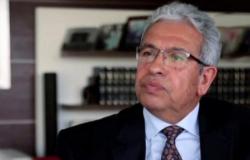Awny Seif, Cairo.
Abdel Rahman Sharqawi's play, "Al-Hussein Thairan" (Hussein, the Revolutionary), offers a powerful exploration of the complex relationship between faith and leadership in Islamic society. The play, centered around the story of Imam Hussein's rebellion against the Umayyad Caliph Yazid, serves not only as a historical narrative but also as a potent commentary on the ethical considerations that should govern the selection of a ruler. Through the lens of this dramatic work, we can analyze how religious principles, particularly justice, piety, and consultation, are crucial factors in determining legitimate leadership, and how their absence can lead to societal unrest and moral decay.
One of the central problems highlighted in the play is the blatant disregard for justice and ethical governance under Yazid's rule. Yazid's ascension to the Caliphate, achieved through inheritance rather than consultation with the community, directly contradicts the Islamic principle of Shura, or consultation. This principle, frequently cited in the Quran (e.g., Surah Ash-Shura, 42:38, which mentions the believers “conducting their affairs by mutual consultation”), emphasizes the importance of collective decision-making and the participation of the community in choosing their leaders. Sharqawi skillfully portrays the discontent simmering among the people, who feel disenfranchised and burdened by Yazid’s perceived tyranny. This resonates with the historical reality and reflects a deeper theological argument: that a leader who fails to uphold justice and ignores the voice of the people forfeits his legitimacy. As Imam Hussein himself declares in the play, "A ruler who oppresses his people is not worthy of respect” (Sharqawi, n.d., Act III). While a specific page number is unavailable due to the nature of theatrical scripts, the sentiment is consistently conveyed throughout Hussein's speeches.
The play further underscores the importance of piety and moral integrity in leadership. Yazid's character is depicted as morally flawed, indulging in worldly pleasures and disregarding religious precepts. This contrasts sharply with the portrayal of Imam Hussein, who embodies piety and unwavering commitment to Islamic values. The narrative implicitly suggests that a ruler's personal conduct profoundly impacts the moral fabric of society. A leader who embodies piety serves as a role model, inspiring righteous behavior and fostering a sense of ethical responsibility among the populace. This concept aligns with the Islamic understanding of leadership as a trust (Amana), requiring the leader to act in accordance with divine guidance and prioritize the well-being of the community.
Ultimately, "Al-Hussein Thairan" proposes a solution to the problem of unjust rule through the act of resistance and the reaffirmation of foundational religious principles. Imam Hussein's decision to confront Yazid, despite the overwhelming odds, is portrayed as a morally righteous act undertaken to uphold justice and defend the true spirit of Islam. His sacrifice serves as a powerful reminder that challenging oppressive rule, when all other avenues are exhausted, is not only permissible but also a religious obligation. This resonates with the Islamic concept of Amr bil Ma'ruf wa Nahi anil Munkar (enjoining good and forbidding evil), a fundamental principle that requires believers to actively work towards the betterment of society and to speak out against injustice. As articulated by scholar Khaled Abou El Fadl, "Resistance to tyranny is not just a right; it is a religious duty, especially when that tyranny is perpetrated in the name of religion itself" (Abou El Fadl, 2001, p. 12).
In conclusion, Abdel Rahman Sharqawi's "Al-Hussein Thairan" provides a compelling and enduring exploration of the vital link between faith and leadership. By depicting the consequences of unjust rule and the courageous resistance of Imam Hussein, the play argues for the necessity of upholding religious principles – justice, piety, and consultation – in the selection and conduct of a ruler. The play serves as a timeless reminder that legitimate leadership rests not merely on power or inheritance, but on the moral authority derived from adhering to divine guidance and serving the best interests of the community. The lessons gleaned from "Al-Hussein Thairan" remain relevant today, offering valuable insights into the ethical considerations that should guide the pursuit and exercise of power in any society striving for justice and moral integrity.
References
Abou El Fadl, K. (2001). Rebellion and Violence in Islamic Law. Cambridge University Press.




 رئيس التحرير يكتب : من التراب وإلى التراب يعود .. تحويل جثث الموتى إلى سماد عضوى
رئيس التحرير يكتب : من التراب وإلى التراب يعود .. تحويل جثث الموتى إلى سماد عضوى
 رئيس التحرير يكتب : لماذا تصر الحكومة على استمرار شريف أبو النجا رئيسا لمستشفى 57357 رغم الشواهد العديدة على فساده
رئيس التحرير يكتب : لماذا تصر الحكومة على استمرار شريف أبو النجا رئيسا لمستشفى 57357 رغم الشواهد العديدة على فساده اقرأ في العدد الجديد ( عدد يناير ٢٠٢٣ ) من جريدة صوت بلادي
اقرأ في العدد الجديد ( عدد يناير ٢٠٢٣ ) من جريدة صوت بلادي









